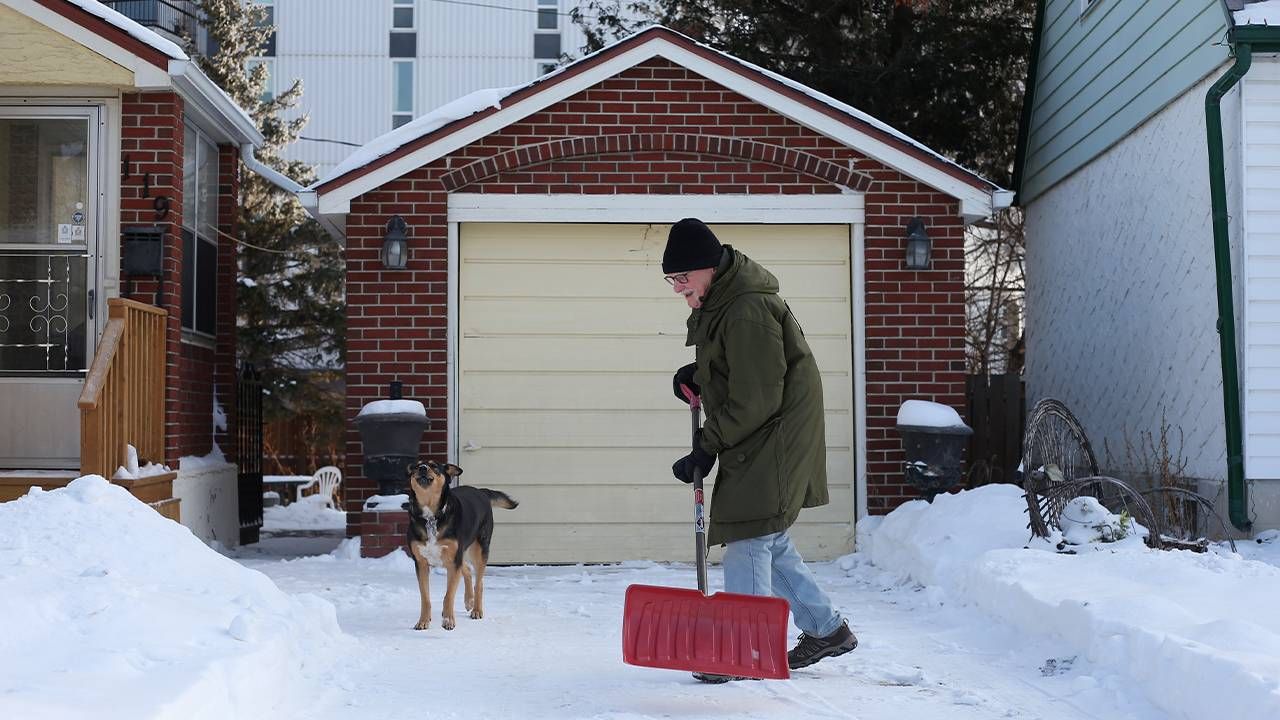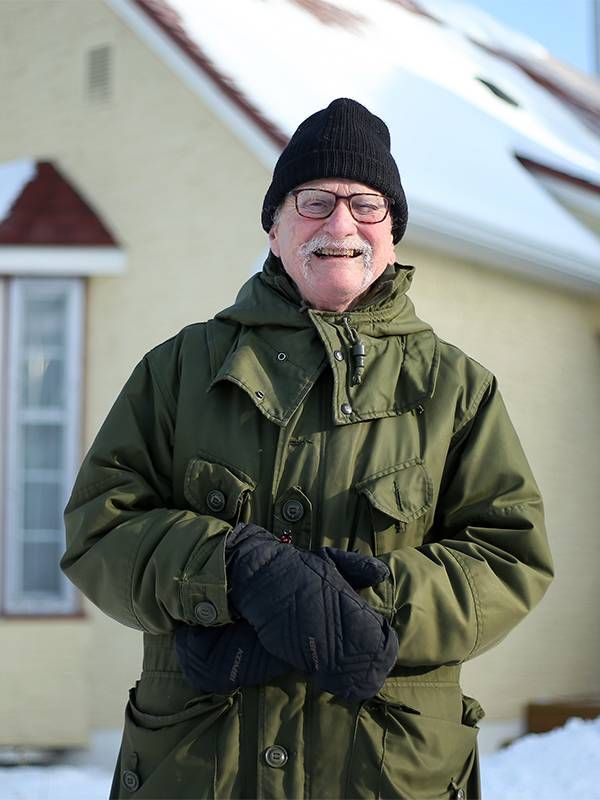I Was Diagnosed With Mild Cognitive Impairment
How it began, the neurological tests and the steps I'm taking from here
Editor’s note: The founder of the first sleep and dream research lab at the University of Manitoba and a retired psychology professor, David Koulack will be documenting his health journey through occasional posts on Next Avenue.
It started off gently. Nothing to really think about because even though I noticed it, it wasn't noticeable. It's the shakiness I'm talking about. I felt shaky but no one, not even I, could see me shake. ("Shaky, Wakey," I'd say to myself, when the shakes hit me.)
It was maybe a couple of years ago that the shakiness began. Occasionally, I'd mention it to people that I knew, maybe because it seemed like such an anomaly. "I feel shaky but I'm not shaking."

Sometimes I'd hold out my arm to show them the non-shakiness that I was referring to.
As I moved into my eighties, the shakiness lingered. "It's no worse than before," I'd tell myself. But maybe that was whistling in the dark. There were some things, maybe little things, that were starting to give me problems.
The Beginning of Forgetfulness
For example, I began to have trouble getting onto my bike — I just couldn't get my leg over the seat. I finally remedied that problem by standing on a curb while mounting my bike. But there were a couple of times that I fell down after getting on my bike. When I allowed myself to think about it, shaky or not, I was clearly getting more unsteady on my feet.
And there was something else that started happening, something that was a steady and constant intrusion in my life, a terrible annoyance and often an embarrassment.
I began to forget things, all sorts of things: things that I intended to do, things that I had wanted to do or even things that I needed to do.

Okay, there were ways around that, maneuvers that I could use to mitigate the problem. Things like making lists and buying, and remembering to use, a day planner.
But none of that helped with the embarrassment I felt when I forgot the names of people I knew. I even forgot the names of the people on our four-block crescent, people that I saw and chatted with almost every day. It wasn't something that I wanted to talk about or even think about, if I could help it. And maybe none of this would have ever come to light if I hadn't had that accident at home.
It happened one evening when I stepped on the scale in our bedroom and promptly fell off. Fortunately, I didn't hurt myself and Mabel, our rescue dog, was quick enough to jump out of the way so she didn't get hurt either.
I even forgot the names of the people on our four-block crescent, people that I saw and chatted with almost every day.
The only problem was my wife Barbara was home. She heard the commotion and came into the bedroom to see what was going on. She found me on the floor and promptly called my oldest son Joshua and his wife Brenda for help.
By the time they arrived, I was already in bed. Even so, they checked on me, took my blood pressure and suggested that I try to get some sleep. But things didn't stop there.
Joshua suggested I go to the Hypertension Clinic at the Health Sciences Centre here in Winnipeg. Hypertension? What's that? I looked it up. Apparently it's abnormally high blood pressure and a state of great psychological stress.
They were lovely people at the clinic. They talked to me as if I were human being and not a piece of data and actually seemed to want to know about me and how I felt.
Ultimately, they hooked me up to a portable blood pressure machine and gave me a diary in which I was to record everything I did for the next 24 hours while I wore the BP cuff. There were more chats, followed by the prescribing of pills to lower my blood pressure that indeed turned out to be somewhat higher than normal. And then, an appointment was made for me to see a neurologist.
A Meeting With the Neurologist
That was a puzzler. How does high blood pressure lead to seeing a neurologist? Unless, possibly, my brain cells were being compromised by the attendant lack of oxygen.

The meeting with the neurologist was both scary and an eye opener. I sat at the side of his desk and we chatted for a little while before he began administering numbers of different sorts of tests.
I don't remember all of them, but the ones that stand out in my mind are both those I found extremely easy, like "count down from one hundred by sevens" and "draw the face of a clock that is set at a quarter past twelve," and the ones I found extremely difficult, which perhaps not surprisingly, are also the ones that are difficult for me to really remember, let alone describe in any accurate detail.
One that does come to mind is my having to replicate, on a blank sheet of paper, a drawing — or, more accurately, a series of lines and shapes that took up an entire page. The shapes included circles, triangles and some parallel lines and some lines at 90 degrees from one another, as well as some squares and rectangles.
While I had an extremely difficult time trying to do that task, the next one — attempting to replicate those same drawings from memory — was next to impossible, as well as terribly frustrating.
I sat there, pencil poised, searching my mind for details of the images I had just seen. Then I'd draw a line or two, maybe sit back and think, try to picture the original and try to draw again with no success. To say that the task was beyond my capabilities would be an understatement. Yet, even at the time, I felt it was something an average grade-schooler would be able to do with very little difficulty.
When I was finished, we sat there in silence, the neurologist and I, before he pronounced his verdict. "Mild Cognitive Impairment," he told me.
But there was hope, he seemed to imply. The situation could be mitigated by a daily dose of cod liver oil and by consuming foods that are rich in Omega 3 fatty acids, foods like avocados and fish.
And he also said that I should try to do as much walking as possible — an edict with which Mabel totally agrees.

